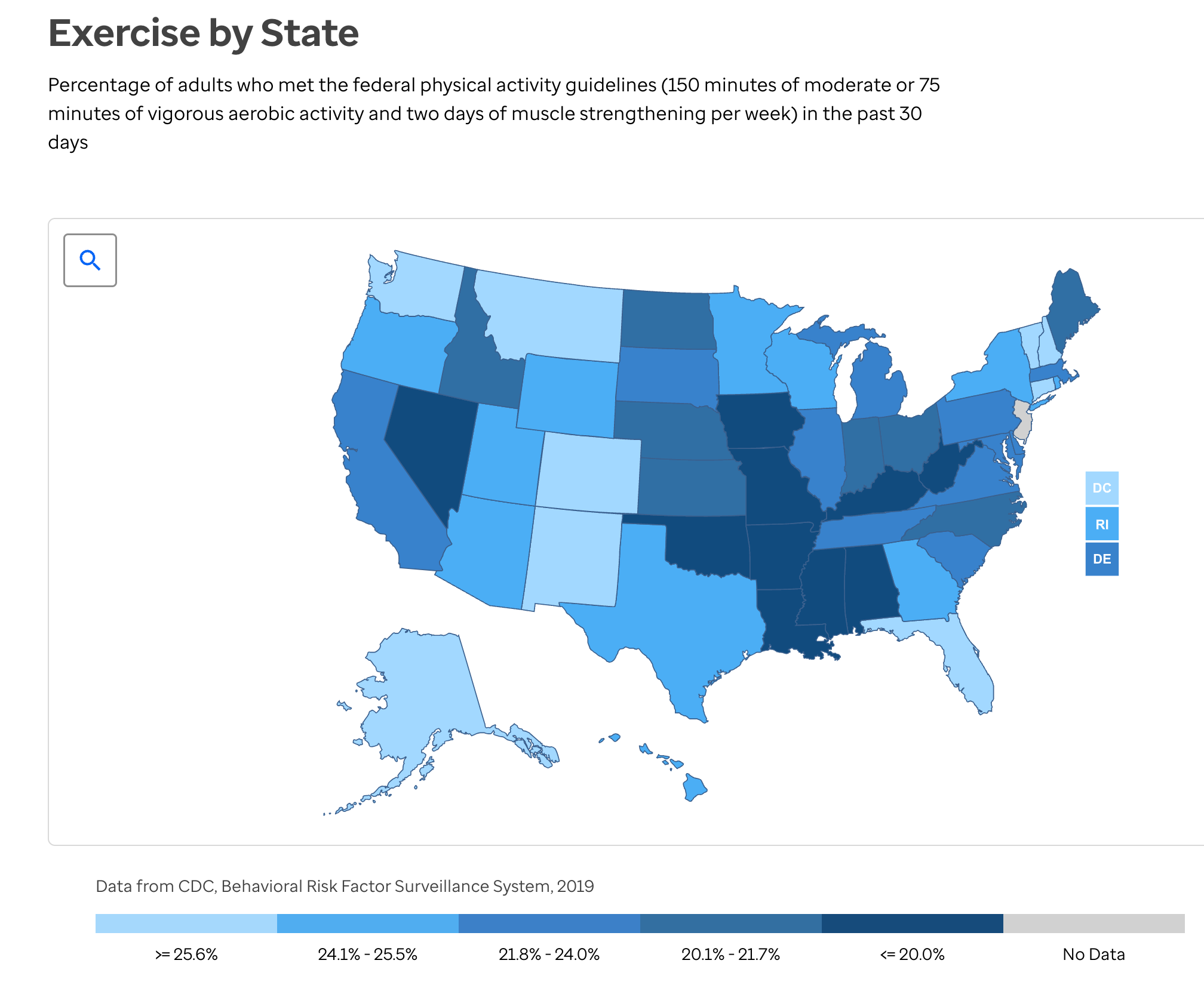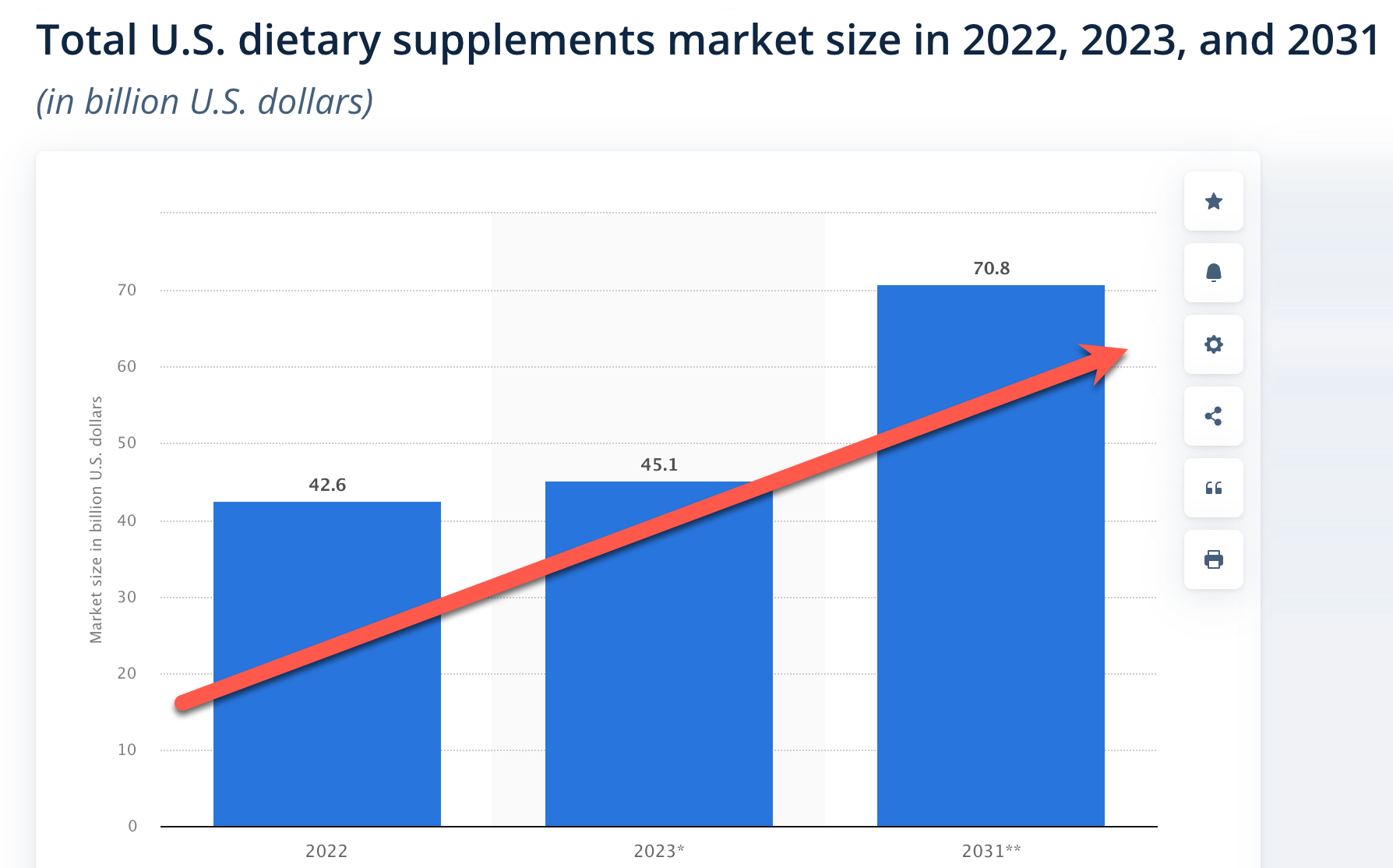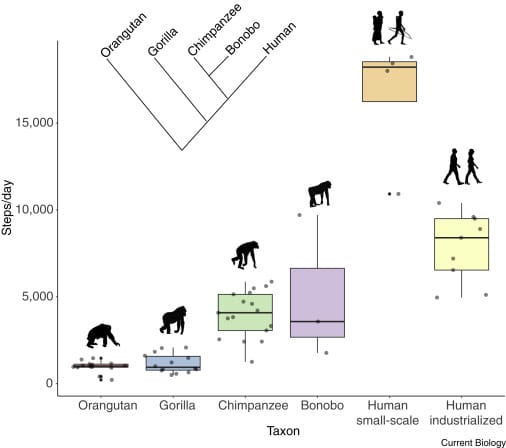Exercise is the perfect medicine. It’s free, has minimal side effects, and offers countless physical and mental benefits. If Big Pharma could make it into a product and sell it, you'd think it would be a blockbuster.
But exercise isn't expensive —it is free. And yet it is failing miserably as medicine. Not because it doesn't work, however. It works just fine, better than fine. But surveys show that most people don't exercise consistently, and even if they do they don't come close to hitting the recommended 150 minutes a week of moderate exercise.

It isn't that people don't care about their health. Far from it. They would rather take expensive pills, herbs, and supplements, most of which are far less effective. The supplements industry is huge, getting bigger, and forecast to get much larger yet. People care about their health. They care so much that they are spending billions and billions of dollars on it.

It isn't that exercise has bad marketing collateral. The marketing has been nonstop: we have had decades of health authorities talking up exercise. In the U.S., the President's Council on Physical Fitness was created in 1956, and it regularly ran well-intentioned but cringe public service announcements, like the one below. We will come back to this PSA, because ads like that are part of the problem.
Even those who start exercising rarely stick with it. The term for this is "adherence," and adherence to exercise programs is abysmal. Most people quit within six months, only to repeat the cycle of starting and stopping over and over, with most of those eventually stopping for good. A perfect medicine isn't usefully perfect if people don't take it, and exercise is medicine that people refuse to take.
So, what is the problem? Many imply that people—Americans in particular—are lazy or lack discipline. While that may be true, poor adherence to exercise and not getting in enough minutes is not unique to the U.S. It is a global problem. The real issue lies with the very idea of exercise. Humans didn’t evolve to exercise; we evolved to move. And that distinction matters.
Our ancestors lived in a world where survival required constant movement. They hunted, migrated, escaped predators, and searched for food & water. Physical activity was unavoidable, but it was never done without a purpose. Energy was precious, and it came from calories, which weren't always easy to find. Nevertheless, hunter-gatherer tribe members often put in 13,000-16,000 steps a day, far more than the average American. But it wasn't exercise for its own sake.

Why were there not triathlons and races? Because they would have seemed insane. Wasting energy for frivolous purposes could be fatal in a world where meals and calories came unpredictably, sometimes with large gaps between them. People who conserved energy were more likely to survive and pass on their genes, while those who didn’t often didn’t make it. Over time, this shaped a deep biological aversion to unnecessary exertion.
We’re descended from human ancestors who did just enough to survive. Evolution rewarded efficiency, not excess. That’s among the most important reasons why the modern idea of exercise—burning energy without an immediate need—feels unnatural to so many of us. We evolved to do the exact opposite.
Viewed this way, modernity makes more sense. Having evolved to avoid unnecessary exercise, we have engineered most movement out of our lives. Cars, elevators, and other conveniences have eliminated the need for much of the -usually steps, not 10K runs—that once filled our days. Tasks that used to require effort now need almost none. Exercise becomes a forced and unwelcome addition to routines, with evolution screaming at you not to do it.
No wonder adherence is so low. Being surprised at our unwillingness to exercise is up there with being surprised that can no longer breath oxygen from water. We've evolved not to. Instead of blaming ourselves, we should rethink how we approach physical activity altogether.
The solution isn’t more gym memberships or stricter workout plans. It’s about reintroducing movement into our lives in ways that feel natural. Small changes can make a big difference. Reintroducing movement in the same way that ecologist rewild ecologies: carefully, slowly, and with an eye to what was there originally.
Some ideas for re-introducing natural movement:
- Park farther from the entrance.
- Take the stairs instead of the elevator.
- Walk or bike instead of driving short distances.
- Get a dog and walk it.
- Listen to audiobooks while wandering your house, yard, or neighborhood.
- Get a standup desk and work at that.
- Do small household chores like sweeping, vacuuming, or gardening regularly.
- Stretch or do light exercises during shows or while on phone or Zoom calls.
- Set a timer to remind yourself to stand up and move every 30 minutes.
- Join a recreational sports league or a local walking group. Quit one if it's keeping you from doing things.
- Use a fitness tracker to set and achieve daily step goals.
- Play active games with your kids or friends, like tag or frisbee.
- Dance to like no-one's watching while cooking or cleaning.
We also need to cut ourselves some slack. Disliking traditional exercise isn’t a personal failing; it’s a reflection of how we evolved. The true outliers are those who genuinely love exercise—people whose instincts defy millennia of evolution. They are as weird and foreign as having gills. For normals, it is all about finding ways to move that fit our natural tendencies.
Humans didn’t evolve to exercise; we evolved to move. Modern life has engineered movement from our lives, forcing us to adapt and re-introduce it in ways that feel irritating & unnatural. By rethinking how we integrate movement into our lives, we can improve our health without fighting our instincts. The goal isn’t to become an exercise fanatic. It’s to rediscover the joy of movement and feel the urge go wheeeeee more often.





